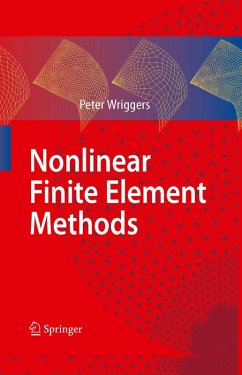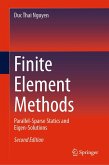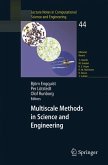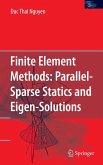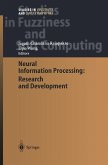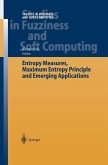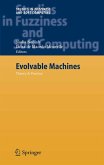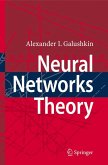This book provides the reader with the required knowledge covering the complete field of finite element analyses in solid mechanics. It is written for advanced students in engineering fields but serves also as an introduction into non-linear simulation for the practising engineer.
Dieser Download kann aus rechtlichen Gründen nur mit Rechnungsadresse in A, B, BG, CY, CZ, D, DK, EW, E, FIN, F, GR, HR, H, IRL, I, LT, L, LR, M, NL, PL, P, R, S, SLO, SK ausgeliefert werden.
Hinweis: Dieser Artikel kann nur an eine deutsche Lieferadresse ausgeliefert werden.

